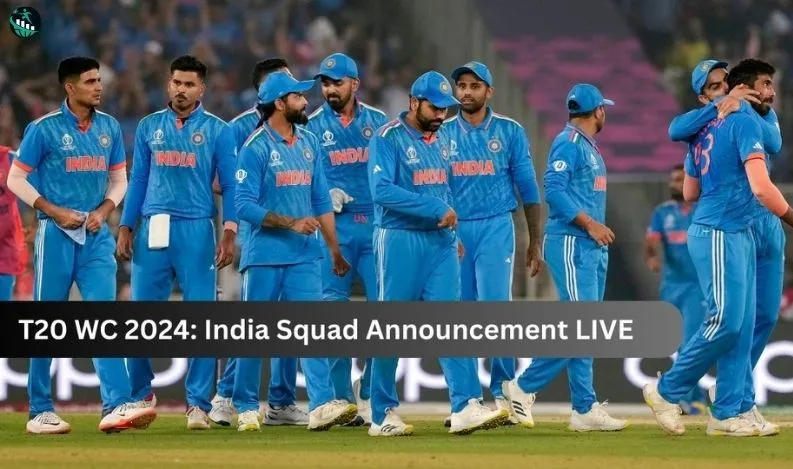
Beyond the Game: The Impact of Sports on Global Culture
In every corner of the globe, from the sprawling metropolises of Europe and America to the rural landscapes of Africa and Asia, sports serve as a universal language, transcending barriers of language, culture, and geography. The influence of sports extends far beyond the boundaries of playing fields, infiltrating global culture, politics, economies, and social fabrics. This blog explores the multifaceted impact of sports on global culture, illustrating how athletic competition shapes identities, unites diverse peoples, and influences societal norms and values.
The Universal Language of Sports
Sports possess an unparalleled ability to communicate across cultural divides. Consider the Olympic Games, an event that epitomizes this universal language. Every four years, athletes from over 200 nations gather to compete, embodying the Olympic creed of faster, higher, stronger. But the Olympics are more than just a showcase of physical prowess; they are a testament to the power of sports to promote peace, foster mutual understanding, and celebrate human potential.
A Catalyst for Social Change
Throughout history, sports have been a powerful vehicle for social change, challenging and reshaping societal norms. The racial barriers broken by athletes like Jackie Robinson, who became the first African American to play Major League Baseball in the modern era, and Jesse Owens, whose triumphs in the 1936 Berlin Olympics challenged the Nazi ideology of racial superiority, are poignant examples. Similarly, the fight for gender equality in sports has made significant strides, with events like the FIFA Women's World Cup and WNBA shining a spotlight on female athletes and inspiring a new generation of women to pursue their sporting dreams.
Uniting People and Nations
Sports have the remarkable ability to unite people and nations, fostering a sense of national pride and collective identity. Major sporting events like the FIFA World Cup and the Rugby World Cup transcend national boundaries, bringing together fans from across the globe in a shared passion for the game. In these moments, differences in nationality, religion, and ideology are set aside, replaced by a common bond forged through sports. The recent unifying effect of cricket in countries like India and Pakistan demonstrates the sport's role in bridging divides, even in regions marred by political tensions.
Economic and Developmental Impacts
The economic impact of sports on global culture is significant, driving growth, creating jobs, and stimulating urban development. Major sporting events often serve as catalysts for infrastructural development, from stadiums and transport networks to hospitality and retail services. The English Premier League, for instance, not only generates billions in revenue but also promotes tourism and international investment. Moreover, sports development programs in disadvantaged communities worldwide have shown that sports can be a powerful tool for economic and social development, offering youth pathways out of poverty and crime.
Influencing Global Media and Entertainment
The intersection of sports, media, and entertainment has transformed the consumption of sports, making athletes global icons and shaping popular culture. The global popularity of stars like LeBron James, Lionel Messi, and Serena Williams transcends their athletic achievements, making them influential figures in fashion, entertainment, and social activism. The proliferation of sports media, from traditional broadcasting to digital platforms, has made sports an omnipresent aspect of global culture, accessible to anyone with an internet connection.
Sports and Education: Shaping Values and Building Skills
The role of sports in education extends beyond physical well-being to the development of essential life skills, including teamwork, leadership, and resilience. Educational programs that integrate sports often report higher engagement and academic achievement among students, demonstrating sports' capacity to teach values of discipline, fair play, and persistence. Initiatives like Right To Play and the UN's Sports for Development and Peace program highlight the potential of sports to empower youth, promote inclusivity, and foster global citizenship.
Challenges and Controversies
Despite the positive impacts, the world of sports is not without its challenges and controversies, from doping scandals and corruption to issues of inequality and exploitation. These challenges remind us that the sports industry, like any other, requires governance, transparency, and a commitment to ethics and fairness. Addressing these issues is crucial in ensuring that sports continue to play a positive role in global culture.
Conclusion
The impact of sports on global culture is profound and far-reaching, influencing everything from social norms and national identities to economies and media landscapes. As a universal language, sports offer a unique medium for communication, education, and social change, bridging divides and uniting people from all walks of life. Beyond the game, the true power of sports lies in their ability to inspire, transform, and unite us, highlighting the shared humanity that binds us all. In embracing the spirit of sportsmanship, we acknowledge the potential of sports to continue shaping a more connected, inclusive, and equitable world.
Also Read:-








Recent Comments: